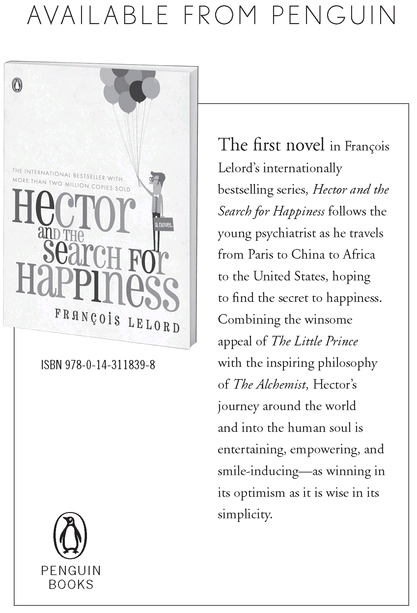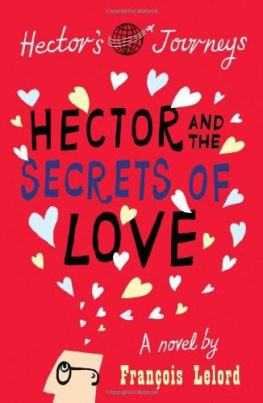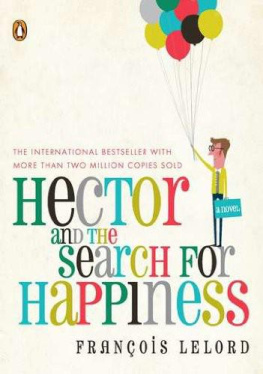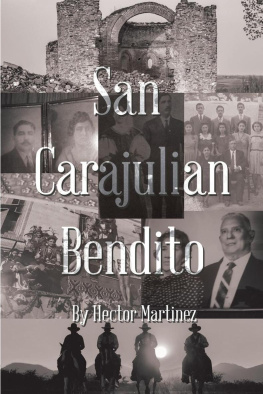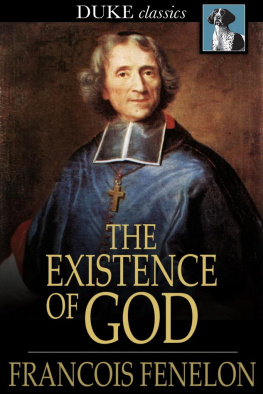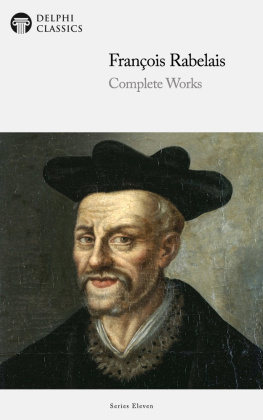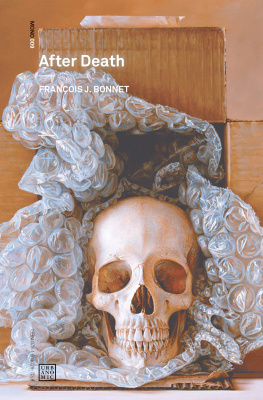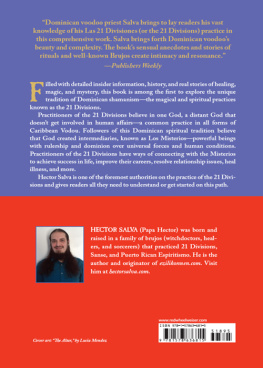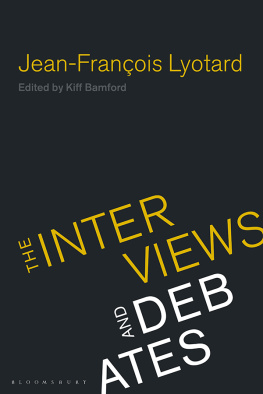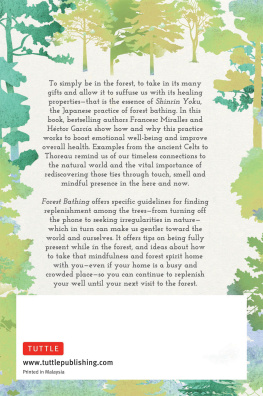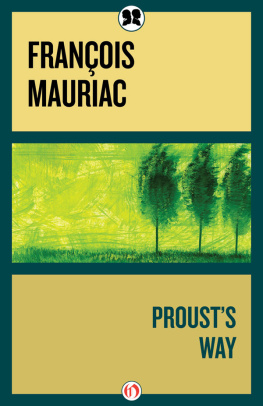ACKNOWLEDGEMENTS
I would like to thank the friends that accompanied Hector on his travels, and introduced him to new horizons. Of those I am able to mention, I would particularly like to thank: Nicolas Audier, Jean-Michel Caldagues, Peer De Jong, Patrick de Kouzmine Karavaieff and Olivia Chai, Perr De Jong, Franck Lafourcade, Lin Menuhin and Xia Qing, Jean-Jacques Muletier, Yves Nicola, Servane Rangheard and, of course, tienne Aubert, for her talents as a crooner.
My thanks to Odile Jacob and Bernard Gotlieb, and to their respective teams for their renewed help and support throughout Hectors second adventure.
Hector and other characters quoted extracts of the following works: Phdre by Jean Racine, Love by Nat King Cole, Lullaby by W. H. Auden, LInvitation au voyage by Charles Baudelaire.
And thank you to Georges Condominas for his book Nous avons mang la fort (Mercure de France).
Excerpt from L-O-V-E, words and music by Milt Gabler and Bert Kaempfert. 1964, Reproduced by permission of Screen Gems-EMI Music Inc., London.
Excerpt from Cant Get You Out of My Head, words and music by Cathy Dennis and Robert Berkeley Davis. Copyright 2001 EMI Music Publishing Ltd. and Universal / MCA Music Ltd. All rights for EMI Music Publishing in the United States and Canada controlled and administered by Colgems-EMI Music Inc. All rights for Universal / MCA Music Ltd. controlled and administered in the United States and Canada by Universal Music Corp. All rights reserved. Universal copyright secured. Reprinted by permission of Hal Leonard Corporation. 2000, Reproduced by permission of EMI Music Publishing Ltd, London.
Excerpt from Lullaby (1937) from Collected Poems by W. H. Auden. Copyright 1940, 1968 by W. H. Auden. Used by permission of Random House, Inc. Copyright 1976, 1991, The Estate of W. H. Auden. By permission of The Wylie Agency.
HECTOR AND THE CHINESE PICTURE
ONCE upon a time there was a young psychiatrist called Hector.
Psychiatry is an interesting profession, but it can be very difficult, and quite tiring as well. In order to make it less tiring, Hector had brightened up his consulting room with some of his favourite pictures. In particular, a picture hed brought back from China. It was a large redwood panel decorated with beautiful Chinese characters or, for those who like to call things by their proper names, ideograms. When Hector felt tired after listening to all the problems people talked to him about, he would look at the beautiful gilded Chinese script carved in the wood and feel better. The people sitting in the chair opposite him talking about their problems would sometimes glance at the Chinese panel. It often seemed to Hector that it had a calming effect on his patients.
A few of them would ask Hector what the Chinese characters meant, and this embarrassed Hector because he didnt know. He couldnt read Chinese, still less speak it (even though hed once met a nice Chinese girl, over in China). When youre a doctor, its never very good to let your patients see that theres something youre not sure about, because they like to think that you know everything; it reassures them. And so Hector would invent a different saying each time, trying to come up with the one he thought would do most good to the person concerned.
For example, to Sophie, a woman who had got divorced the previous year and was still very angry with the father of her children, Hector explained that the expression in Chinese meant He who spends too long regretting his ruined crop will neglect to plant next years harvest.
Sophie had opened her eyes wide and after that shed almost stopped talking to Hector about what a dreadful man her ex-husband was.
To Roger, a man who had a habit of talking to God in a very loud voice in the street (he believed God talked to him, too, and could even hear his words echoing in his head), Hector said that the expression meant The wise man is silent when communing with God.
Roger replied that this was all very well for the god of the Chinese people, but that he, Roger, was talking to the real God, and so it was only natural for him to speak loud and clear. Hector agreed, but added that, since God could hear and understand everything, there was no need for Roger to talk to Him out loud; it was enough just to think of Him. Hector was trying to save Roger from getting into trouble when he was out and about, and from being put in hospital for long periods. Roger said that he ended up in hospital so often because it was the will of God, and that suffering was a test of faith.
On the one hand, Hector felt that the new treatment hed prescribed Roger had helped him express himself more clearly and made him a lot more talkative, but, on the other, it didnt make Hectors job any less tiring.
Actually what Hector found most tiring was the question of love. Not in his own life, but in the lives of all the people who came to see him.
Because love, it seemed, was an endless source of suffering.
Some people complained of not having any at all.
Doctor, Im bored with my life; I feel so unhappy. Id really like to be in love, to feel loved. It seems as if love is only for other people, not for me.
This was the sort of thing Anne-Marie would say, for example. When she had asked Hector what the Chinese expression meant, Hector had looked at her very carefully. Anne-Marie could have been pretty if only shed stopped dressing like her mother and hadnt focused all her energy on her work. Hector replied, If you want to catch fish, you must go to the river.
Soon afterwards, Anne-Marie joined a choir. She started wearing make-up and stopped dressing like her mother all the time.
Some people complained of too much love. Too much love was as bad for their health as too much cholesterol.
Its terrible I should stop; I know that its over, but I cant help thinking about him all the time. Do you think I should write to him... or call him? Or should I wait outside his office to try to see him?
This was Claire, who, as can often happen, had become involved with a man who wasnt free, and to begin with it was fun because, as she told Hector, she wasnt in love, but then she did fall in love, and so did he. Even so, they decided to stop seeing each other because the mans wife was becoming suspicious and he didnt want to leave her. And so Claire suffered a lot, and when she asked Hector what the words on the Chinese panel said, he had to think for a moment before coming up with a reply: Do not build your home in a neighbours field.
Claire had burst into tears and Hector hadnt felt very pleased with himself.
He also saw men who suffered because of love, and these cases were even more serious: men only find the courage to go to a psychiatrist when theyre very, very unhappy or when theyve exhausted all their friends with their problems and have begun drinking too much.
This was the case with Luc a boy who was a bit too nice and suffered a lot when women left him, especially as he often chose women who were not very nice, probably because his mother hadnt been very nice to him when he was little. Hector told him that the Chinese panel said: If you are scared of the panther, hunt the antelope. And then he wondered whether there were any antelopes in China. Luc replied, Thats a rather bloodthirsty proverb. The Chinese are quite bloodthirsty, arent they?
Hector realised that it wasnt going to be easy.
Some people, very many actually, both men and women, complained that they used to be madly in love with someone (usually someone they were living with) but that they no longer felt the same way, even though they were still very fond of them.
